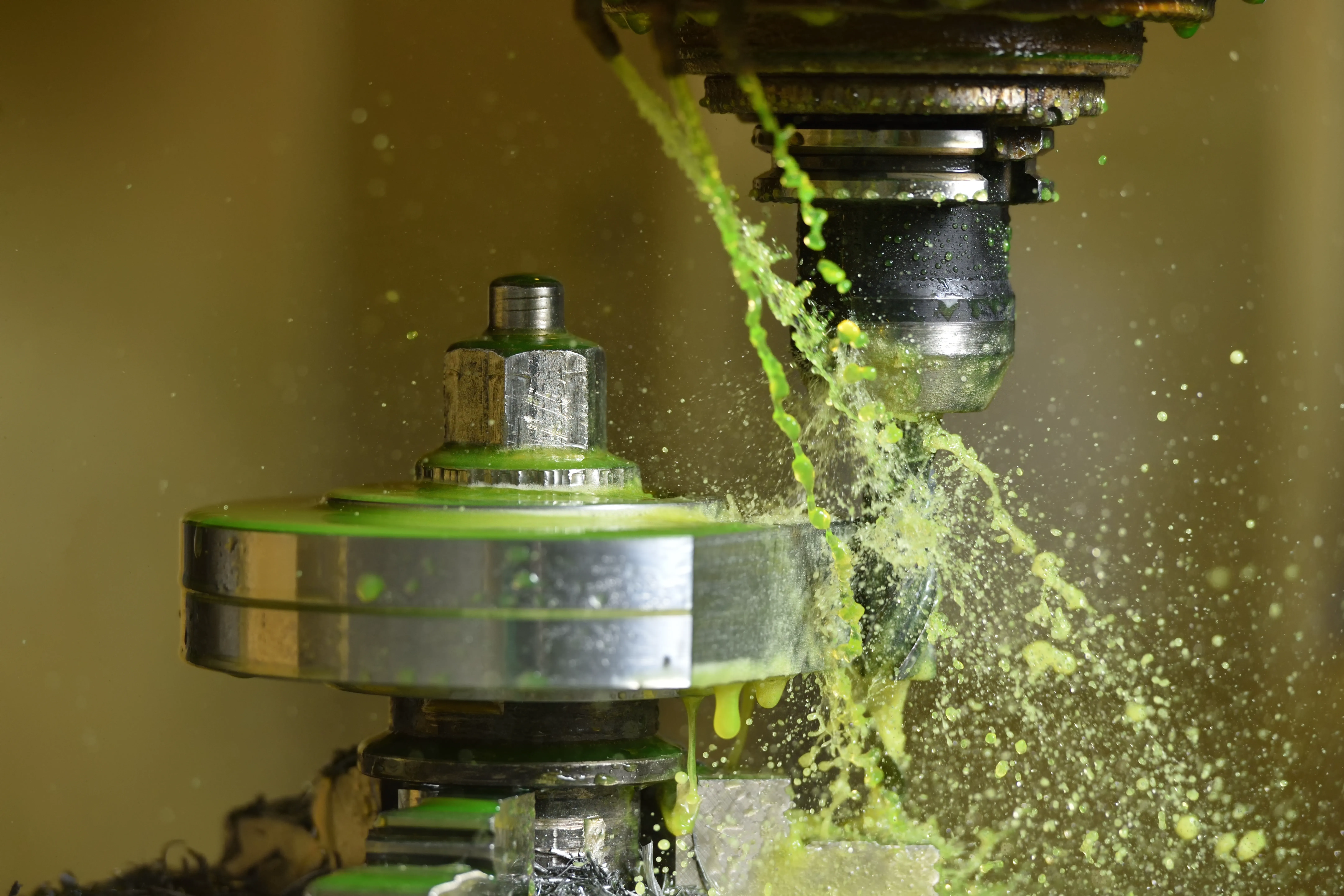TAMI Gears Up for Net-Zero Machinery Revolution
2024/09/04 | By Andrew HsuBy Hsu Wen-Tung and Andrew Hsu
On July 3rd, the Taiwan Association of Machinery Industry (TAMI) convened a pivotal meeting of the “Machinery Industry Net Zero Sustainability Promotion Committee,” bringing together over 20 experts in industrial machinery, components, and carbon reduction. The focus of the gathering was to devise strategies for a low-carbon transformation within the industry. David Chuang, Chairman of TAMI, stressed the urgency for the government to accelerate the replacement of outdated manufacturing equipment, emphasizing that this is essential for meeting the demands of AI-driven industrialization, intelligence, and automation.
During his speech, Chuang outlined the significant challenges manufacturers face when calculating the carbon footprint of machinery and equipment. He noted that the absence of a standardized carbon emission factor for most parts and components makes the inventory process arduous and often discourages manufacturers from pursuing it. However, Chuang shared an encouraging development: after discussions with President Lai Ching-te earlier this year, the government committed to assisting the industry by establishing a "carbon emission factor database for machinery equipment." This initiative, which has received approval from both the Ministry of Environment and the Ministry of Economic Affairs (MOEA), is designed to expedite the industry's transition to low-carbon operations by simplifying the supply chain's carbon footprint requirements. Chuang confirmed that TAMI would collaborate closely with the MOEA to implement concrete measures that address these challenges.
Chuang also expressed his gratitude for the government's efforts since 2021, noting that the industry net-zero working group has been actively engaging with sectors such as iron, cement, petrochemicals, electronics, paper, textiles, and glass to promote net-zero initiatives. The government's investment of resources and expertise has been instrumental in helping the supply chain adopt carbon inventories, carbon footprint assessments, and energy management systems. However, Chuang emphasized that Taiwan's manufacturing industry still faces the critical issue of aging production equipment. He argued that the elimination of outdated equipment and the enhancement of manufacturing processes should be the focal points of Taiwan's next phase of net-zero transformation.
Furthermore, Chuang proposed that the government should subsidize the domestic manufacturing industry's transition to high-efficiency production equipment, suggesting that incentives like investment credits or low-interest loans could motivate enterprises to upgrade their machinery. He pointed out that such policies would not only stimulate domestic demand and boost the economy but also align with the government's vision for the manufacturing industry's evolution towards AI, intelligence, and automation. TAMI is also considering the establishment of a public recognition mechanism for “energy-saving production equipment,” which could serve as a valuable reference for the government in crafting future subsidy policies.





